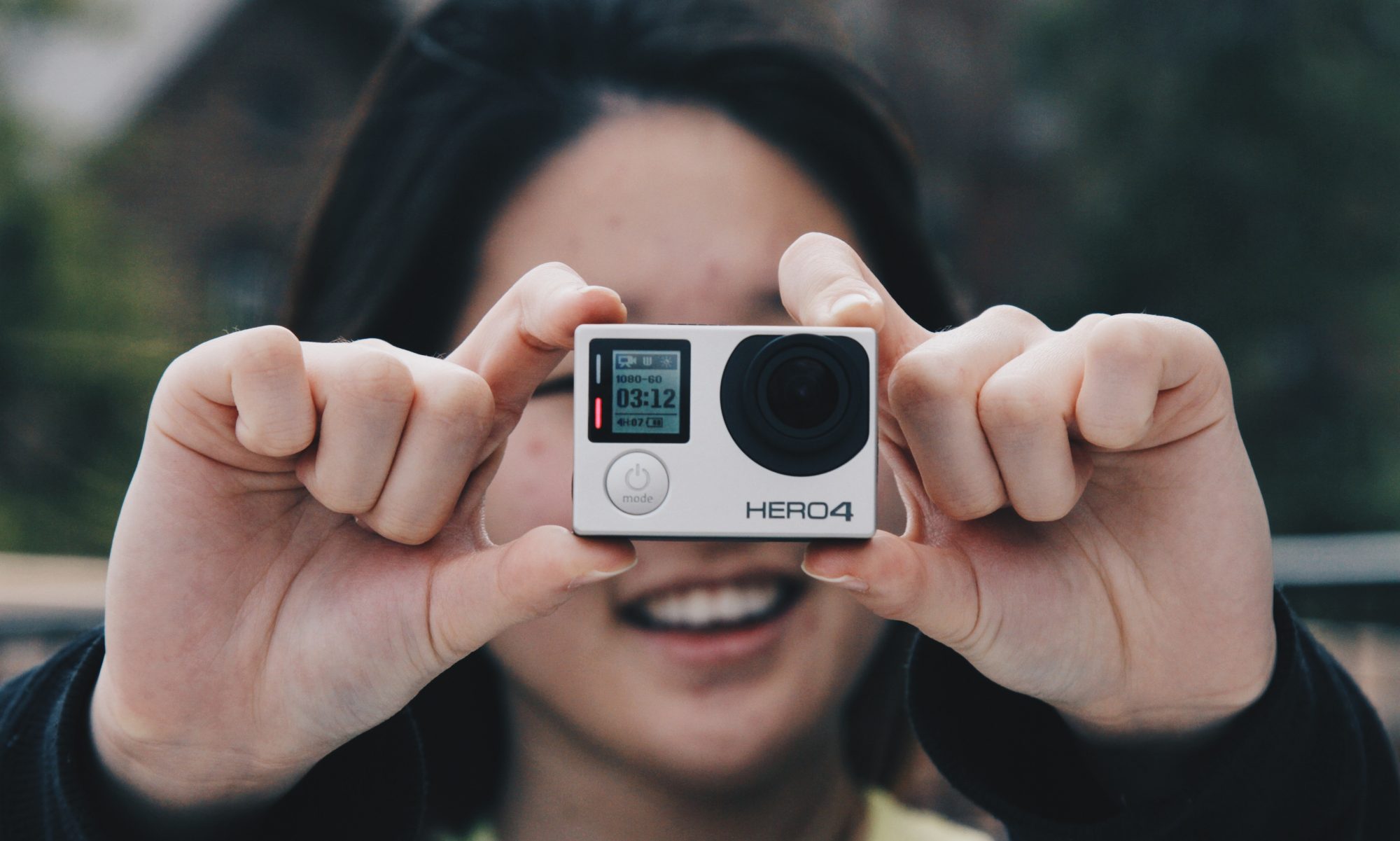We are all active researchers in the use of first-person methods in HCI and interaction design, focusing on the role that technology plays in our everyday lives, and the complex relationships we have with technological artifacts. Collectively, the organizers have considerable experience organizing workshops on related topics.
Andrés Lucero is Associate Professor of Interaction Design at Aalto University in Finland. His research interests include HCI, design, and play. He wrote an autoethnography of his experiences living without a mobile phone for nine years, and has recently co-organized workshops at CHI, MobileHCI, and DIS. Andrés is the main contact for the workshop.
Audrey Desjardins is Assistant Professor of Interaction Design at University of Washington in the USA. Her research interests are centered around technologies for the home, DIY approaches, and speculative design. She conducted an autobiographical design inquiry about ‘Living in a prototype’, in which she investigated the ongoing and slow process of turning a van into a home.
Carman Neustaedter is an Associate Professor and Director of the School of Interactive Arts and Technology at Simon Fraser University in Vancouver, Canada. His research explores the design of technologies for families. He has studied and created a number of research designs using autobiographical design, ranging from media spaces to video recording systems for family memories.
Kristina Höök is a Professor in Interaction Design at the Royal Institute of Technology (KTH) in Sweden. Her research interests focus on somaesthetic design – designing with the full range of first-person engagements: body, emotion, reasoning and sociality as one soma. To inform her design practices, she has also done an autoethnography of herself horseback riding.
Marc Hassenzahl is Professor for Ubiquitous Design/Experience and Interaction at University of Siegen in Germany. With his group of designers and psychologists, he explores the theory and practice of designing pleasurable, meaningful and transforming interactive technologies. Speculative and autoethnographical methods are an integral part of this, for example, in research about technology mediated relatedness.
Marta Cecchinato is an Assistant Professor (Lecturer) of Human-Computer Interaction at Northumbria University in the UK. Her research focuses on understanding the impact that multi-device interaction has on people’s productivity and wellbeing, especially around work-life balance. Alongside a pragmatic and situated approach, in her research she has also used autoethnography to understand how smartwatches are introduced and used within one’s ecosystem of devices.

